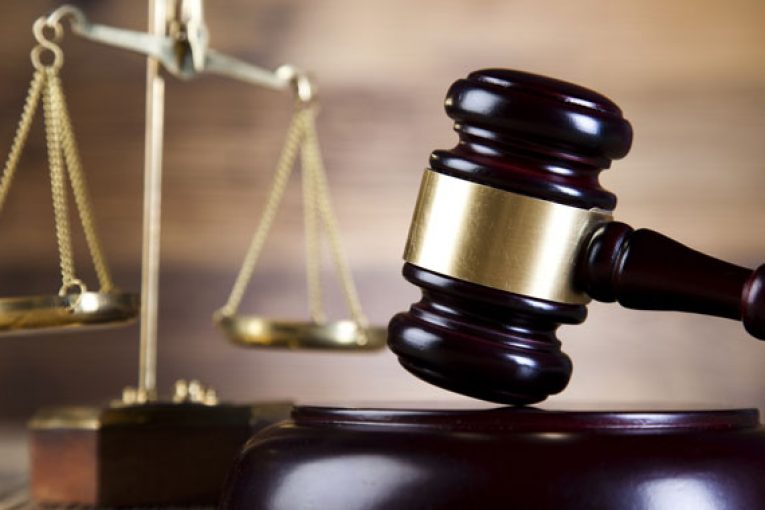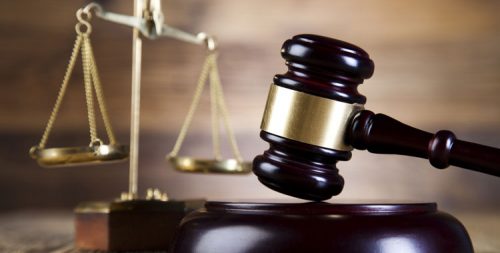

By Jariah Moore, Kimberly Torres and Brinda Kalita
COLUMBIA, SC – A federal judge Tuesday here ruled in a tenant right case filed by the ACLU and NAACP that banning automatic data collection, also known as “scraping,” is in violation of the First Amendment.
In a lawsuit filed by the American Civil Liberties Union, NAACP v. Kohn, tenants who were evicted were denied access to public records, preventing them from being able to properly fight against the eviction actions and take note of the public interest.
The ACLU/NAACP legal action argued that, while opposing a ban on “scraping” can benefit the public, it is often a needed tool for fighting cases such as the tenant rights case.
The pleading noted that proper access to online court records by means of “scraping” plays a significant role in the NAACP’s efforts to aid and advocate for renters facing evictions, automatically obtaining information that could not be collected manually.
The court administration’s “scraping” ban prevented the NAACP from accessing and utilizing its public records pertaining to evictions in an efficient manner, the lawsuit maintained, allowing a default judgment for an eviction if a hearing is not requested within 10 days of the eviction filing.
The NAACP argued it depends heavily on court records for many social welfare programs, including the Housing Navigator Program that provides free eviction-prevention services, investigates and responds to community-wide patterns of eviction filings, and advocates for fairer eviction policies and fairer housing for South Carolinians suffering from the effects of the eviction crisis in the state.
Many supporters of the court’s decision argue that this is a step in the right direction.
Brenda Murphy, president of South Carolina State Conference of the NAACP, said, “Today’s ruling moves us toward a future in which we’re able to use court records to inform tenants in our state of their rights and, over time, advocate for fairer and more just eviction-related laws to protect these tenants.”
Joe Schottenfeld, assistant general counsel of the NAACP, said, “Today’s ruling makes it clear that the First Amendment protects our ability to access those records through relatively new techniques, like data scraping, that can expand our ability to process, understand, and use the records.”